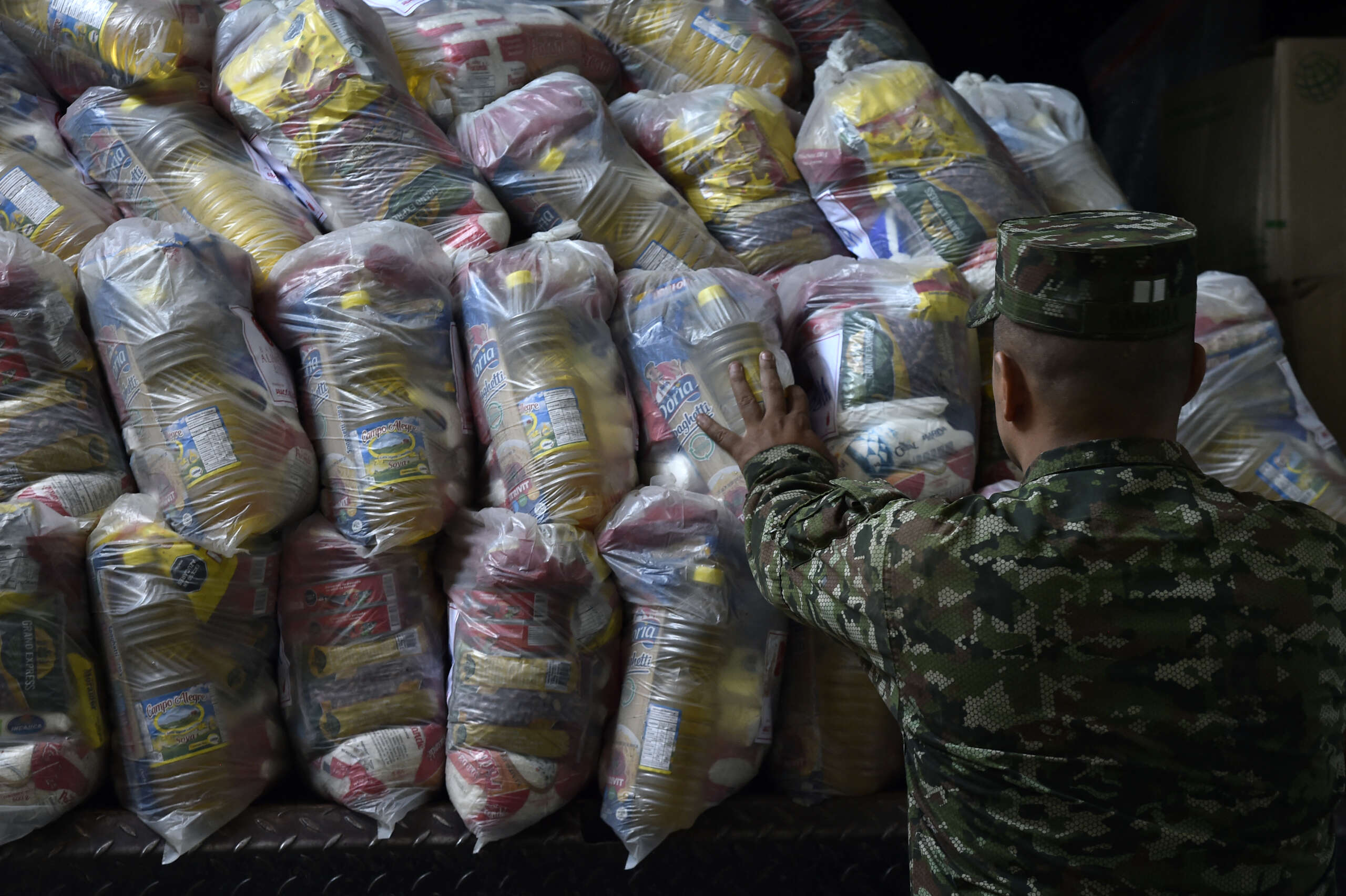
"Food banks can help prevent food waste by rescuing unsold food from grocers and retailers, thereby redistributing it to families in need."
"Eight to 10 percent of global greenhouse gas emissions arise from food wasted along its journey from farm to table, with methane emissions occurring in landfills."
"The Global FoodBanking Network has piloted a carbon credit program in Mexico and Ecuador to help food banks quantify their avoided emissions."
"Carbon markets have faced criticism for fraud, and their use raises questions about whether nonprofits should engage with such controversial instruments."
Food waste contributes to 8-10% of global greenhouse gas emissions. When organic waste decomposes in landfills, it emits methane. Food banks mitigate this waste by redistributing unsold food from retailers to those in need. Some food banks are now tracking operations to quantify emissions avoided, aiming to support decarbonization efforts and explore carbon credits for funding. The Global FoodBanking Network has initiated this program in Mexico and Ecuador and aims to include food banks from 12 additional countries. However, carbon markets face criticism, raising ethical questions about nonprofits utilizing them.
Read at Truthout
Unable to calculate read time
Collection
[
|
...
]